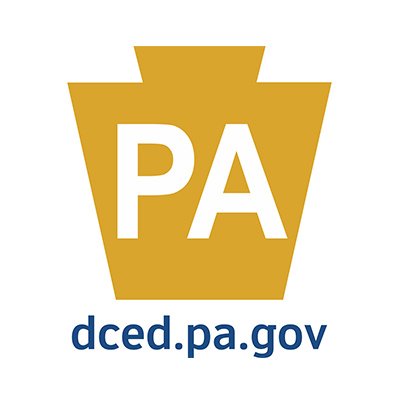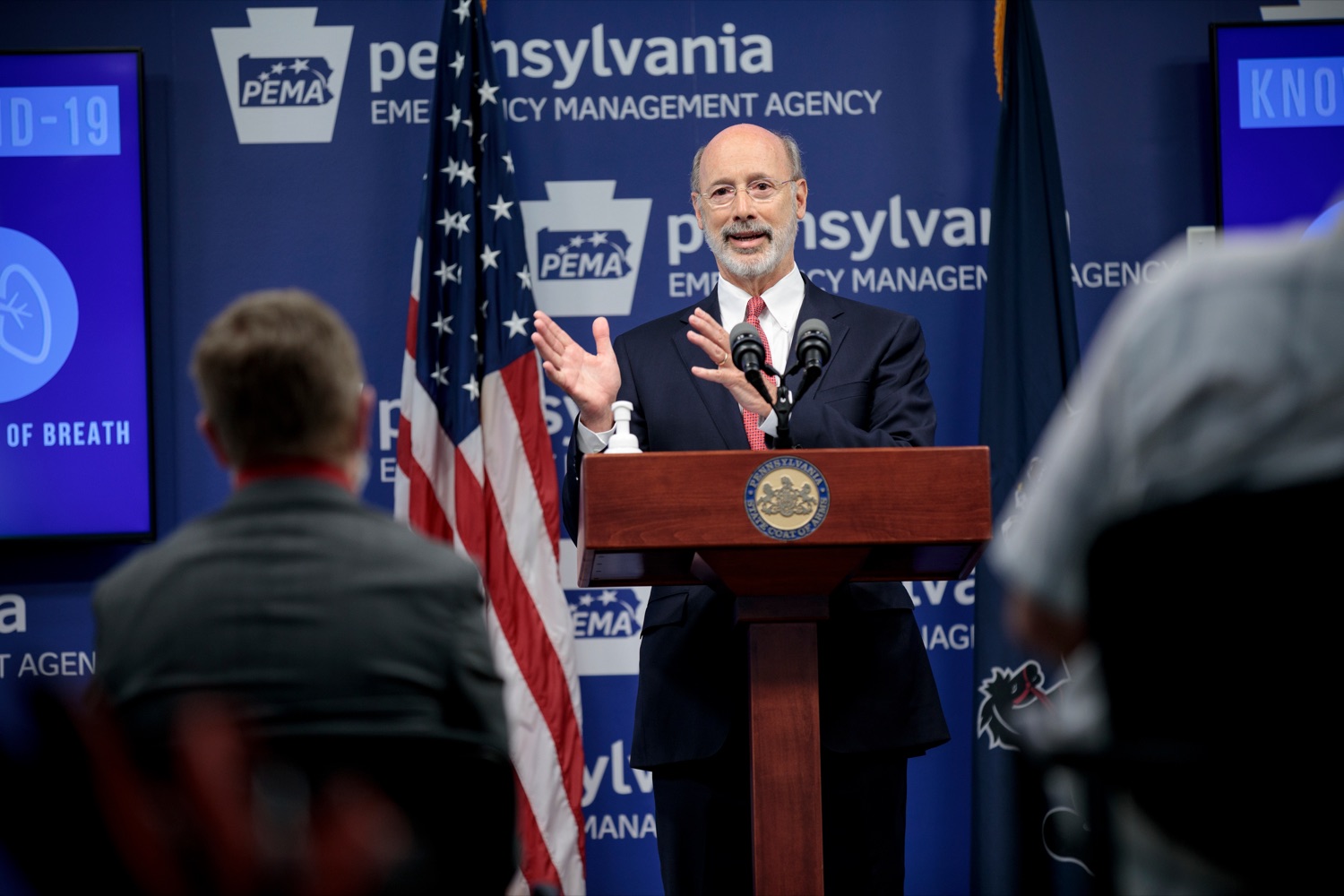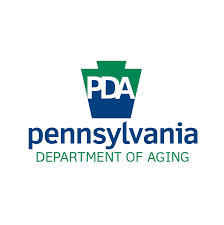Harrisburg, PA – Department of Health Secretary Dr. Rachel Levine today reminded Pennsylvanians that the decision issued in the Butler County case rendered yesterday is not a blanket end to the protection and mitigation orders in place to protect people from the deadly virus of COVID-19 and we must all stay the course to protect ourselves, our families, and communities.
“The orders that the governor and I put in place on mask-wearing, mandatory telework, worker safety, building safety and hospital safety are all still in effect to protect Pennsylvanians, especially our frontline workers,” Dr. Levine said. “These existing – and still valid – orders were put in place in the absence of any federal leadership at a time when life-saving decisions needed to be made. Saving lives has been the cornerstone of all of our decisions, including the orders referenced in the case that have since expired.
“We must do the right thing and continue to social distance, contain, and mitigate this virus – all vital public health actions that are accepted worldwide to prevent the spread of disease.
“As the public health agency for the commonwealth, we have a responsibility to advise the public on how to protect themselves and their loved ones from this virus. That has been our charge since before the first cases were reported in Pennsylvania and it will continue to be our charge until there is a vaccine for COVID-19, regardless of court rulings that may seek to downplay the validity of our role or actions.”
The court ruling also does not impact any of the business occupancy restrictions currently in place, including those applicable to personal care services, indoor recreation and health and wellness facilities, entertainment venues, and bars and restaurants.
“While our aggressive and appropriate mitigation efforts have kept case counts low, we must continue to take important steps to protect public health with the possible resurgence of COVID-19 and the flu in the fall and winter,” added Dr. Levine.
The Wolf Administration has said it is disappointed with the federal judge’s opinion and will seek a stay of the decision and file an appeal. Read the governor’s comments here.







